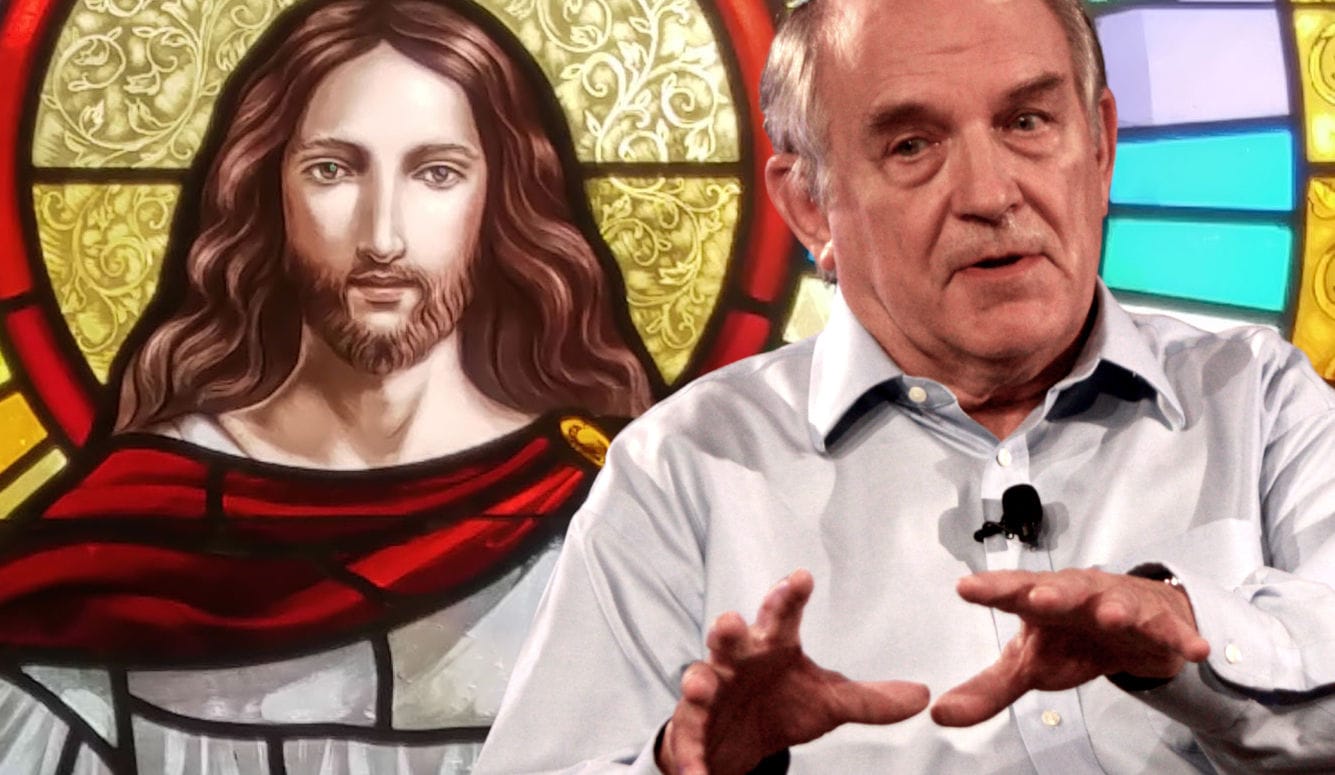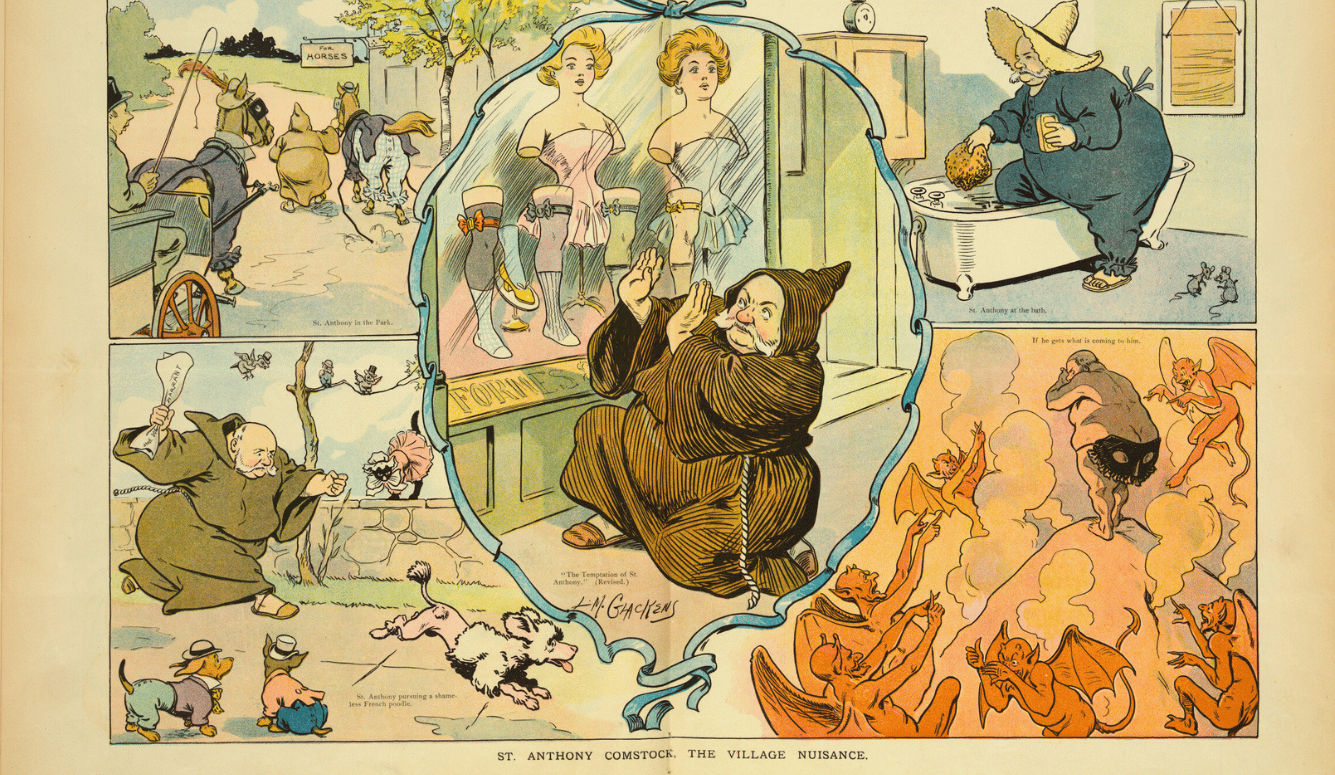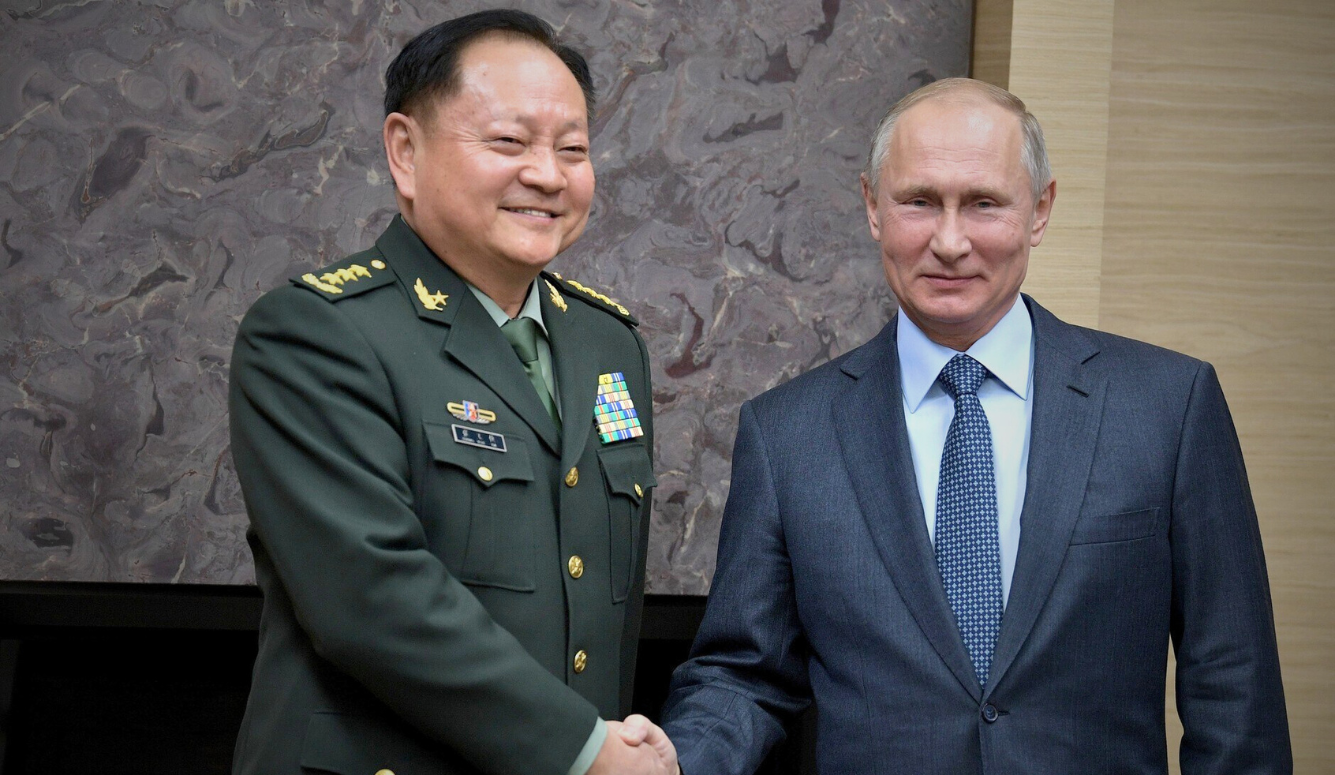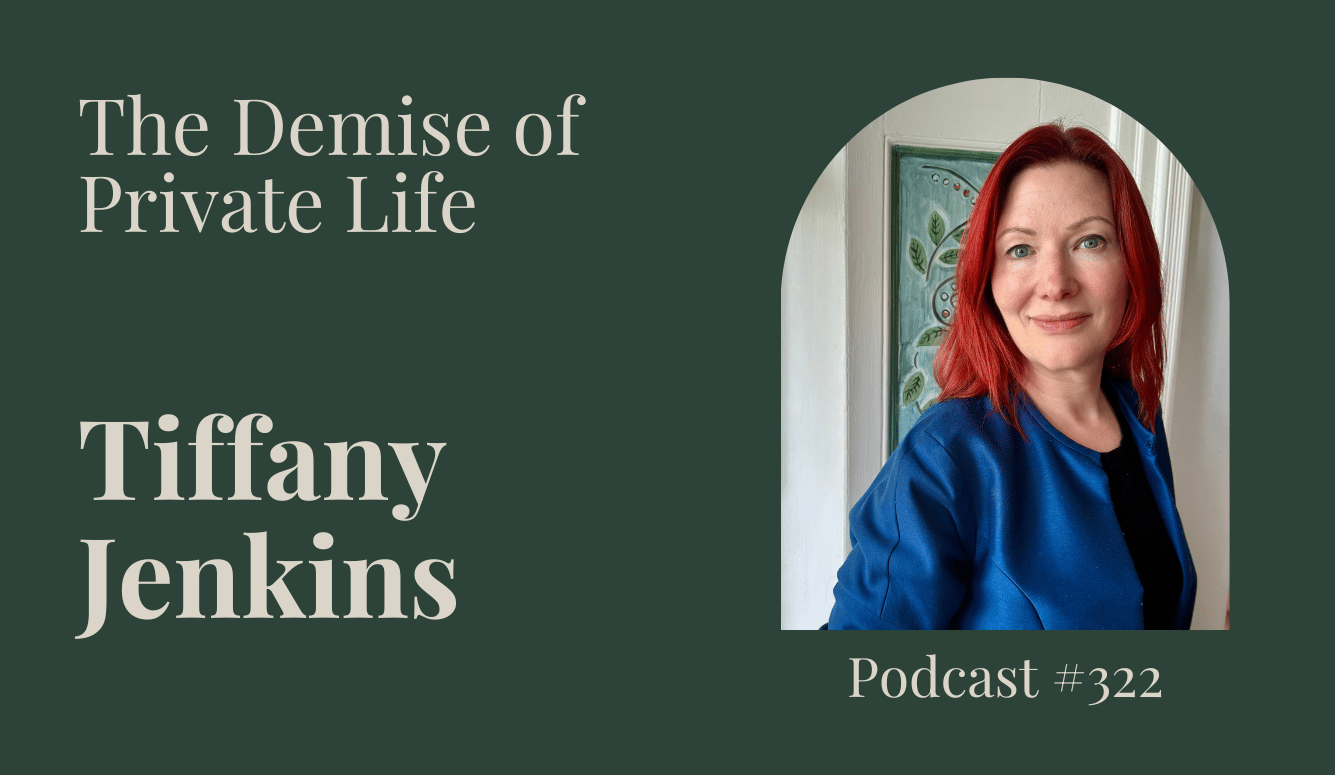Art and Culture
Political Animals: The Limits of Labels and Why We Must Overcome Them
It’s about vision and seeing principles through action. It’s about creativity and intuition blended with pragmatism and fact. Above all, politics is what we make of it.
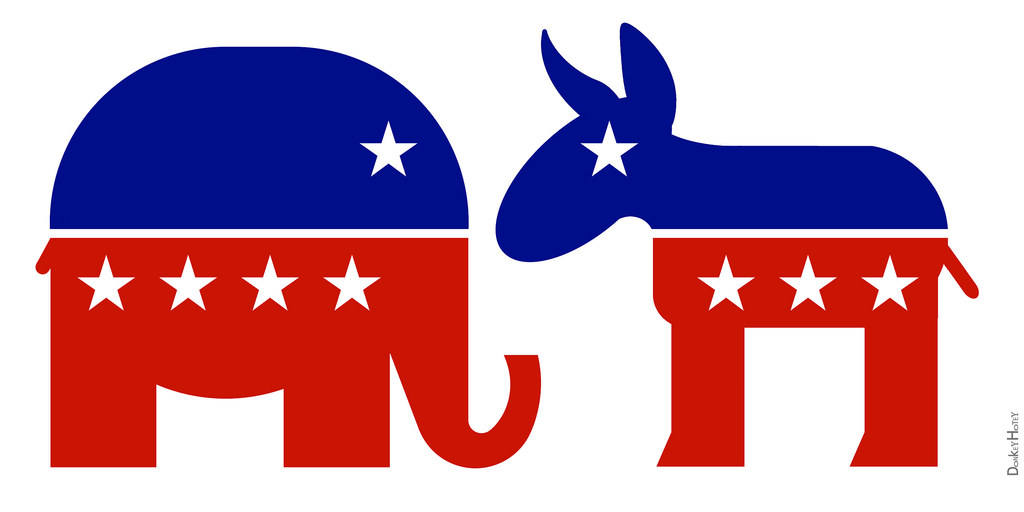
Labels suck.
Conservative, liberal, progressive, libertarian, green. These words have come to mean nothing about the folk that embody them. In our era of career politicians, it would be like saying a quarterback drafted by the Oakland Raiders is irresistibly — unequivocally — a “Raider” in his style of play. He’s not; he’s just a guy throwing a ball whilst wearing their black jersey.
Career parliamentarians and mercenary ministers, of any party, will seldom follow a direction other than that of the prevailing wind or party line. Politics is no longer a calling… it’s a profession of nearly interchangeable briefs. Like a private corporation, the political system favours short-term gain and thrives on pigeon-holed “expertise.” It’s dictated by self-preservation instead of accountability, pettiness rather than vision, surrender over character. None of this should — nor will — come as Breaking News. It’s implicit, common sense knowledge. The corporate takeover of the body politic, analogous to the 21st century, does not extend simply to omnipotent lobbies and entrenched monopoly interests; it contaminates our very perception of politics itself. A system of technocratic administration, not dynamic government; of facilitation, not decision-making.
As a corollary, political labels seem not just irrelevant but also treacherous. The wrapping paper of your Christmas gift may delight you… it still doesn’t tell you what’s inside the box. And that, matter-of-factly, is the gift with which you’re bequeathed; the wrapping paper soon squeezed and discarded. To think, and vote, using labels grants us a false sense of security and prohibits the unmasking of (most) politicians for what they are: virtue-signalers to their base, peddling false and reductive narratives — often devoid of context and policy. It’s a cunning sleight of hand, abetted by the mainstream media, that leaves a great number of us agreeing with people with whom we would otherwise disagree. And the principal reason why this occurs is because of labels.
It’s not only the politicians — as a system — that are to blame for this upside-down world. It’s us all, callous bearers of that almost archaic duty: citizenship. Too often we favour the collective over the individual, group think over free thought, headlines over trends. We reflexively embrace our fellow [insert your label] without examining how we ever wound up ascribing to their “ideology” or “party.” In the practice of political faith, no matter the denomination, we are either fundamentalists or atheists. We subscribe to all the commandments or none at all. When is the last time you met a Democrat in favor of the Second Amendment or a Republican supporting abortion? Religion was once described by Christopher Hitchens as “a surrender of the mind.” Increasingly, so is political partisanship. Truth and sense, historical perspective and systemic thinking, matter less than jersey colour. We relish the chance to define and affirm our sense of self in proclaiming, say, our liberal credentials or conservative pedigree. Politics shifts from a practice (“what”) to an identity (“who”).
Experimental research by Drs. Jonas Kaplan, Sarah Gimbel and Sam Harris — published in Nature last December — illuminated this uncomfortable truth. When we think about current affairs we activate the “default mode network” of our brain, interconnected regions directly implicated “in thinking about [ourselves] and [our] identity.” In other words, we ponder politics wholly personally. Criticism becomes injury and defeat near-death. To change teams would be akin to apostasy; an act of self-repudiation, undergone perhaps once but no more, and always to join another stringent chapel. For such is Homo sapiens, a talking monkey hardwired — through million of years of evolution — to seek his kin, if only for pure self-interest: the reproductive drive and his inability to fend for himself. The formation of tribes is thus inherent to human nature, most particularly because tribalism can only be conceived as multitudes. Tribes exist, ultimately, to oppose one another. Through conflict and resolution, discord and settlement, evolution charts its course. Translated to the “marketplace of ideas,” which ought to be the bedrock of politics, this process is the axiom of the Greek dialectics so dear to Socrates, Plato and Aristotle. Only through such critical discourse — informed debate — do we reach tipping points and proceed.
So — lest you thought I argued otherwise — political conflict is absolutely to be desired and sought. The problem is we have had too little of it. This may appear a contradiction since politics is rife with dispute. Turn on the TV and you’ll hear about the latest spat in Washington and the bill of the week on Capitol Hill. This has been going for as long most of us can remember. But dispute is not conflict; it’s the illusion of it. In The Common Good, Noam Chomsky wrote: “Strictly limit the spectrum of acceptable opinion, but allow very lively debate within that spectrum.” He adds later: “That gives people the sense there’s free thinking going on, while all the time the presuppositions of the system are being reinforced by the limits put on the range of the debate.” Chomsky’s perception was echoed by a policy-maker from inside the system, former Texas Congressman Ron Paul, whom aptly pointed out: “We’ve had too much bi-partisanship [over the years].” Ironically enough, that may be one of the only assessment with which another political contrarian, firebrand Ralph Nader — ideologically Paul’s opposite — agrees. Their opposition is rooted in ideas; their political labels (Libertarian for Paul, Progressive for Nader) mere shorthands for them.
It’s in part because of the gaping lack of substantial conflict and debate in mainstream politics that we saw the rise of disruptive forces in the last decade, from the Tea Party to Occupy Wall Street. Though they did not share the same outlook, these movements looked to widen the spectrum to which Chomsky refers. In other words, they wanted a change not just in policy but also in philosophy. The impetus behind Donald Trump’s recent ascent to the White House is certainly born of this. But whether Trump and his administration indeed broaden the spectrum, or simply provide for more “very lively debate,” is yet to be seen. It remains undeniable, however, that the exponential speed at which both the traditional and online media proceed is unconducive to long-term reasoning. So far, labels are still dominating the day and we are trapped in an hyper-reality, where posturing has greater value — as identifiable behavior and political currency — than free thought.
This deficit in political imagination which has marked the last thirty years of Western civilization — best exemplified by British Prime Minister Margaret Thatcher’s pronouncement that: “There really is no alternative” — has had another, more insidious effect. It has forced us, the people, to politicise everything. To do so, we have used an ersatz system that make us feel powerful: the Internet. And in particular, social media. Pitched as a great democratic experiment it confers us an inflated, and deceptive, sense of our own opinions. We become the stars of our very lives — existing as perfect and simplified avatars. From Facebook to dating platforms, we are forced to tick boxes and conform to pre-generated categories. We willingly submit ourselves to the rule of the mob. Push the “like” or “dislike” button. In order to get more likes, communicate information you know will get likes. It’s a self-fulfilling prophecy for conformity.
Novelist Bret Easton Ellis remarked: “[This reputation economy] urges us to conform to the blandness of corporate culture and makes us react defensively by varnishing our imperfect self.” Social media was meant to give us visibility and yet it ended up robbing us of something more important: our individuality. Ellis surmised: “The idea that everybody thinks they’re specialists with voices that deserve to be heard has actually made everyone’s voice less meaningful. All we’re doing is setting ourselves up to be sold to — to be branded, targeted and data-mined.”
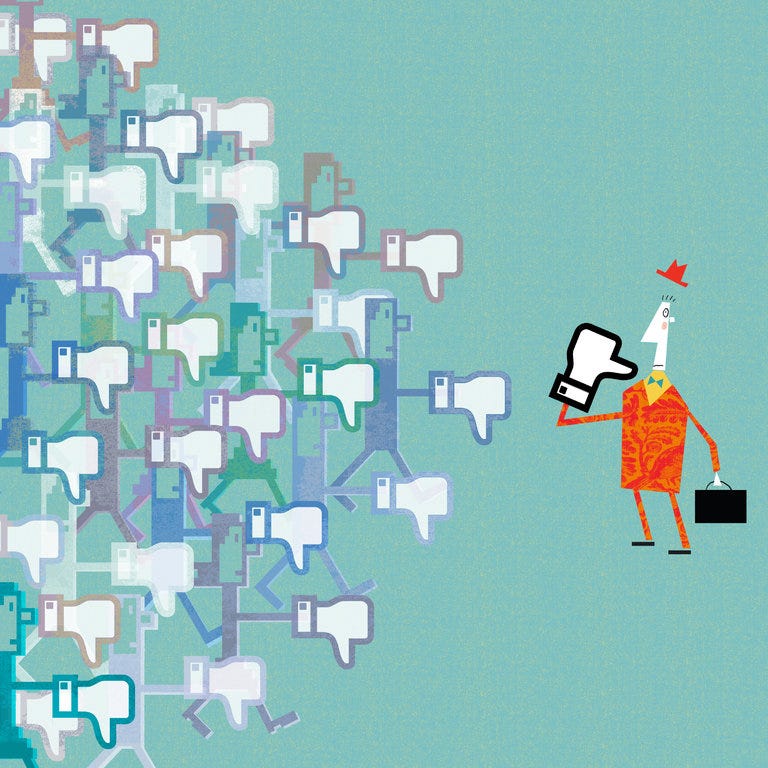
This mined data, once processed, is used to create algorithms. Algorithms so tailored and proficient they know us better than we know ourselves. So much so they automatically set up filters that shield us from dissenting or opposing views — and feed our natural “confirmation bias.” The only articles and videos that reach you are those you already agree with. If you’re reading this, it’s unlikely any of my arguments will seem incongruous. Crucially this “filter bubble” extends to our offline lives. We tend to socialise with like-minded persons and marry within our class, professional sector and political group. And this phenomenon of enforced dogma leaves us all the poorer for it and begets greater, seemingly irreparable, rupture from the rest of society. How else can we explain the rising tide of censorship in the English-speaking world — spearheaded by political correctness and manifested through no-platforming, safe spaces and trigger warnings? What about, too, the surge in nationalism, xenophobia and identity politics of all flanks, the prevalent and insistent reduction of the individual to his tribe? We are becoming unable to make the distinction between the wrapping paper and what’s inside, between people made of flesh and concepts made of ideas. We refuse to engage with the underlying philosophies of the labels we use, content to remain “deeply superficial.”
If there is a remedy, it has to be applied on the individual level. Jim Morrison, who had made it his life’s purpose to uncover his deeper self and eschew labels, once said:
The most important kind of freedom is to be what you really are. You trade in your reality for a role. You trade in a sense for an act. You give up your ability to feel and, in exchange, you put on a mask. There can’t be any large-scale revolution until there’s a personal revolution.
But this precept can be problematic if misunderstood. Appropriated by consumerism, it can soon became its own label… a banal cry for fake originality and manufactured self-expression. “To be what you really are” does not — cannot — refer to mere, transient sets of circumstances. It can’t too be felt through the prism of ethnicity, gender or sexuality. It becomes, to use a term seldom heard today and yet so crucial to the maturation of mankind, a matter of character. That is why it’s crucial to combine here another reflection offered by Morrison: “Give up defining yourself — to you or others.” However difficult and yet however necessary. We live in a society built on the pressing, and ever-reducing, exigence for self-definition. Our politics — meaning the formulation of society itself — is boiled down to 30 second sound bites and 140 character tirades.
We have to distance ourselves from the chorus and ponder in the silence. Introspection is a time-consuming process, triggered by self-acceptance and ensuing insight, resulting in wisdom and wit. It may be solitary but it’s never lonely. For we stand on the shoulder of giants: artists, writers, comedians, statesmen, scientists, warriors; inevitably informed by their thoughts and works. By looking inside, we end up seeing outside… and logging onto the greatest iCloud of all, our heritage. For politics is the amalgamation of history. It’s a vessel to chart the world and our place in it; and it doesn’t have to limit itself to GDP growth or building walls. It’s about vision and seeing principles through action. It’s about creativity and intuition blended with pragmatism and fact. Above all, politics is what we make of it.
“[So] think deeply about things. Don’t just go along with them because that’s the way things are or that’s what your friends say,” hacktivist Aaron Swartz wrote. “Consider the effects, consider the alternative, but most importantly, just think.”
The quest to “just think” plays out like an endless ballet, a rhythmic dance that never reaches perfect equilibrium. It’s about discipline and ownership, dream and candor, truth and fulfillment. And it’s the only music worth listening to. Even if it’s strenuous and often futile, even if it’s intricate and contradictory. Ellis urges us to remember: “What if the negative and the difficult were attached to the genuinely interesting, the compelling, the unusual?” As singletons, we know we cannot control society. We can simply blaze our trails and intersect with fellow individuals — in common struggle and shared endeavor, joint hope and mutual passion. And together in the tranches, by the dying of the light, we can engage in that most peculiar and lyrical art that makes of us men, reason.
